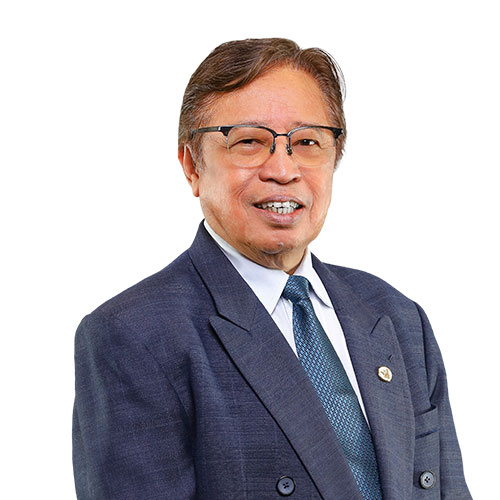The Right Honourable Datuk Patinggi Tan Sri (Dr) Abang Haji Abdul Rahman Zohari bin Tun Datuk Abang Haji Openg is the sixth Premier of Sarawak, a semi-autonomous region of Malaysia on the island of Borneo.
Coming into office in January 2017, currently he also holds the portfolios for Finance and New Economy, Natural Resources and Urban Development and Energy and Environmental Sustainability.
Since his first election to the Sarawak’s State Legislative Assembly in 1981 the Premier has held various portfolios including industrialisation, tourism and housing.
Under his mantle as Premier, Sarawak aspires to be a developed and high-income state by 2030. This entails doubling the size of Sarawak’s economy from RM136 billion in 2019 to RM282 billion in 2030 with a targeted annual growth of between six to eight percent as outlined in the Sarawak’s Post COVID-19 Development Strategy 2030 (PCDS 2030).
Already, recently Sarawak, in just six years under his premiership, has been categorised as a high-income state by the World Bank, seven years earlier than targeted with a gross national income (GNI) per capita of more than USD13, 205 (RM61,442) in 2022.
The thrust of his administration as Sarawak’s chief executive is to ensure that the State is able to embark on a full-pledged transformation capitalising on mega-trends around the world primarily globalisation, supply chain resilience, digitalisation, Industrial Revolution 4.0, circular and low-carbon, green economy as spelled out in the State’s PCDS 2030.
He has been a notable regional, if not a world proponent of a of a green economy to further the cause of sustainability and the path towards decarbonisation in the fight against climate change as ratified by signatory countries of the Paris Accord and in keeping with the ESG principles.
As a strong proponent of sustainable development and actions against climate change, the Premier has put Sarawak at the forefront of the pursuit towards a green economy and net-zero emission by 2050. He has been invited to share Sarawak’s experience at international and regional forums including in Europe, Singapore and Japan in the efforts towards decarbonisation, the energy transition and developing a green economy.
Under his forward-looking and dynamic leadership, Sarawak has emerged as a regional leader in the development of a hydrogen as an emission-free fuel, development of renewable and sustainable energy-sources, Carbon Storage Utilisation (CCUS), carbon trading and research in the development of Sustainable Aviation Fuel (SAF) from algae biomass.















